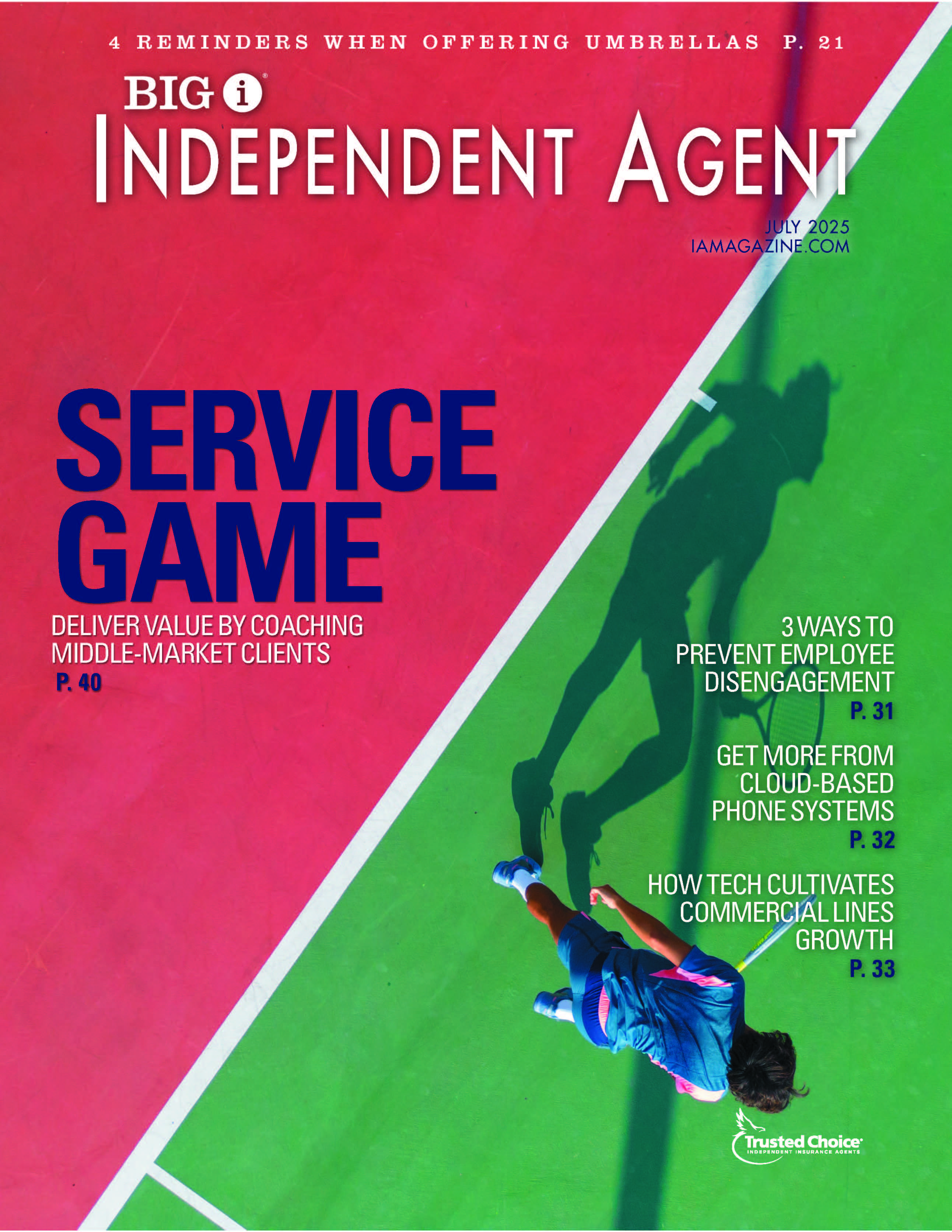Some Lenders Refuse to Accept New ACORD Forms
By: Bill Wilson
Recently Freddie Mac announced it will no longer accept ACORD evidence of insurance forms. Similarly, Bank of America also decided to no longer accept ACORD certificates of insurance or evidence of insurance forms.
During 2006, E&O claims involving certificates of insurance increased 28%. Almost one in 20 E&O claims now involves a certificate of insurance. The two main sources of certificate E&O claims are failure to add or improperly identify additional insureds (36%) and misrepresenting coverage on the certificate that doesn’t actually exist (21%).
The Big “I” Virtual University “Ask an Expert” service has closely tracked these statistics and has answered dozens of questions about certificates during the past seven years. As a result, the VU has identified three major recurring problems involving certificates of insurance, including: the unwillingness of insurers to provide notice to certificate holders of cancellation, despite the “we will endeavor to” language in most certificates of insurance; onerous insurance requirements by large contactors, huge corporations, governmental/public entities, etc. that cannot be met by coverages typically available in the admitted marketplace; and certificate fraud by agents and insureds (including the indication of coverages or conditions that don’t exist) so an insured subcontractor can get a construction job or get paid for one.
The unwillingness of insurers to provide notice of cancellation has existed for many years and is just now being questioned in an ethical context. The other two problems represent an emerging issue that has become an increasing problem for agents and insureds alike.
For example, a contract might require that the certificate requestor be named as an additional insured (something the insurer may or may not be willing to do), be provided notice of cancellation (something rarely afforded to additional insureds in an insurance contract) or be provided with a type of coverage (e.g., completed operations) that the insurer cannot or will not provide. Such contracts may specify certain endorsements by form number and edition date that the insurer cannot provide because they have been superseded by new editions and the older ones have been withdrawn.
As a result, agents are sometimes asked to produce a certificate that cannot comply with the contract the insured has signed. Refusing to do so, agents often face the claim from the insured or certificate requestor that they know of agents who can or will provide such certificates. Failure to do the same could mean the loss of an account for the agency. These unreasonable requests too often lead to the issuance of fraudulent certificates by insureds or agents.
The issue of onerous insurance requirements is largely an educational one. From the standpoint of many businesses and governmental entities, it doesn’t hurt to ask for more, but it’s not likely they’ll get it. As one attorney opined, “I ask for everything I can get. It’s the other guy’s responsibility to say no.” In many instances, these organizations are asking for concessions for which there is no insurance product in the marketplace. They ask because they have the leverage to do so. Unfortunately, some agents will indicate, usually by a certificate of insurance, that their insured is in compliance. It could be that the additional insured isn’t concerned, knowing that the agent’s E&O insurance provides a backstop.
Often organizations will ask for coverages out of ignorance. Contracts may specify additional insured endorsements that are dated more than 20 years ago. If a company (or ISO) has filed a new endorsement and withdrawn an older one, the carrier cannot legally provide the older form without refiling it. However, some agents will indicate on the certificate of insurance that the form or the equivalent is being provided.
One other issue is the “will endeavor to” cancellation wording that very few insurers follow. This has potential to become a legal problem, although right now it’s more often considered one of ethics—is it ethical to provide a certificate that says the insurer will attempt/try (i.e. endeavor) to provide cancellation notice when it’s clear that the insurer has no intention of doing so?
Bill Wilson (bill.wilson@iiaba.net) is Big “I” director of the Virtual University.









